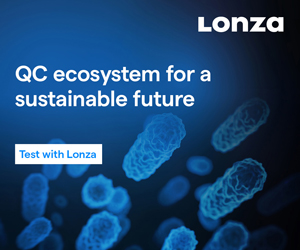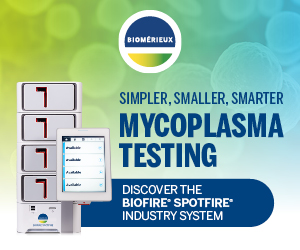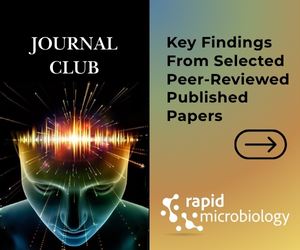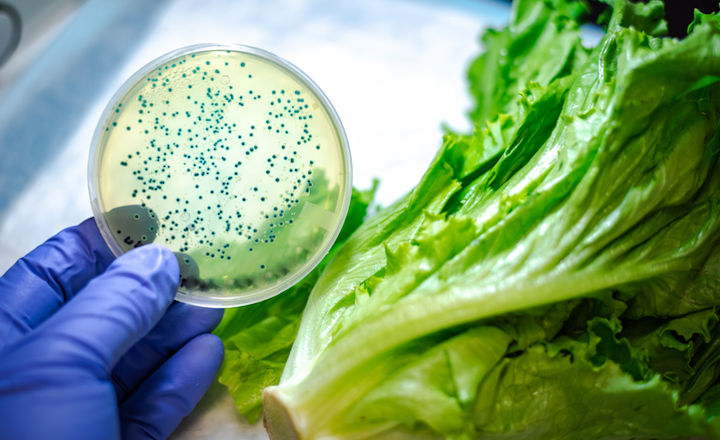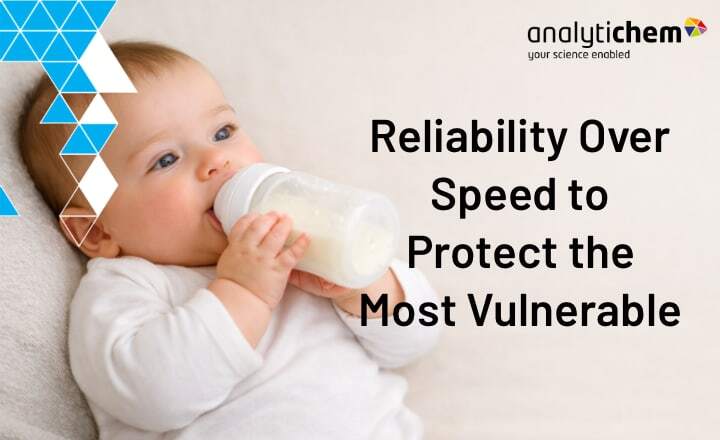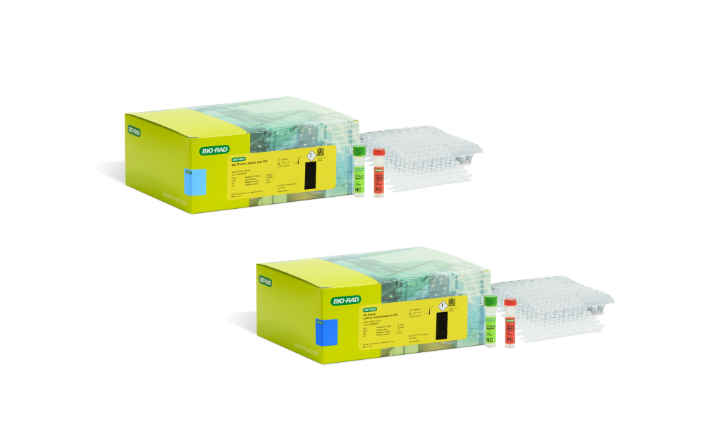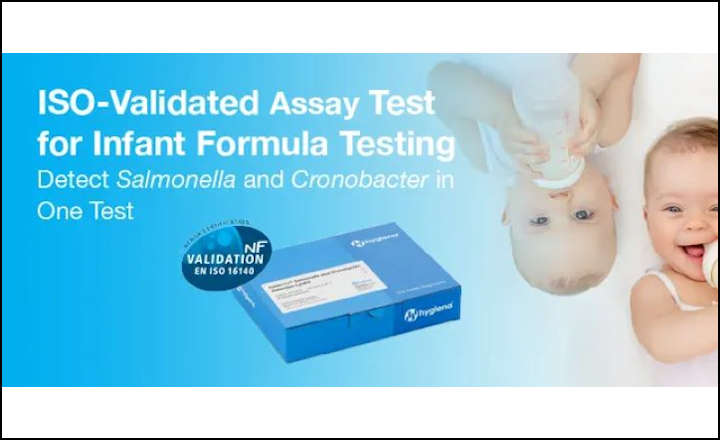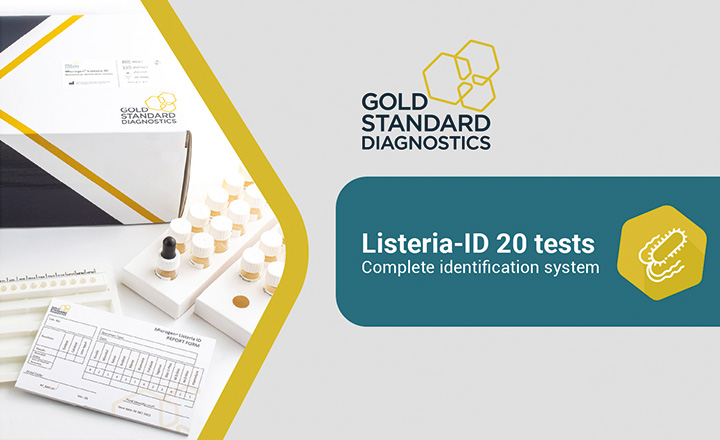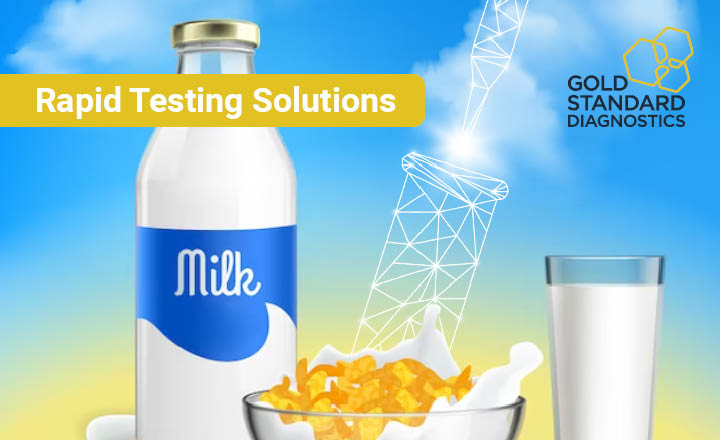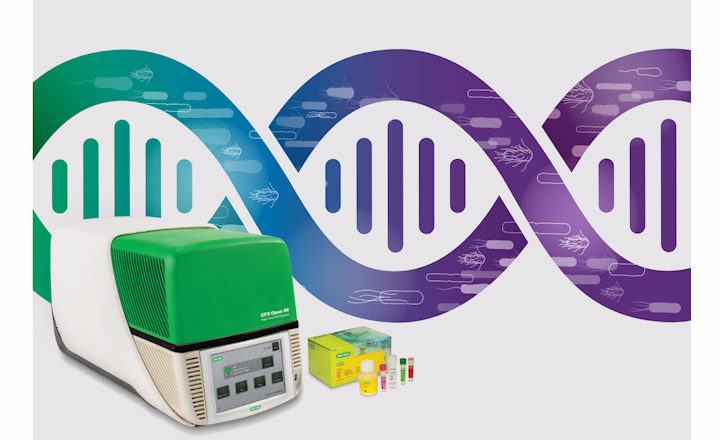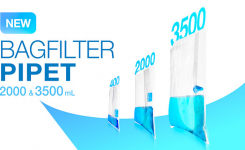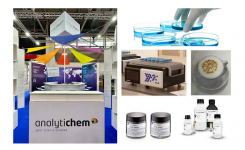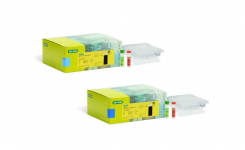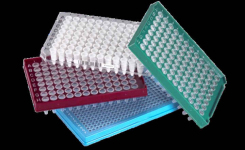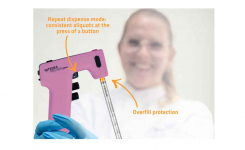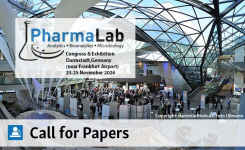As COVID-19 continues to impact the food and drink sector, our team at Campden BRI held a three-day online conference to help the industry understand the current and future microbiology issues affecting the safe production of food.
Featuring expert speakers from across the industry, the conference covered how to control SARS-CoV-2 and the ‘usual’ pathogens often associated with foodborne disease, e.g. Campylobacter and Listeria.
It also provided delegates with an understanding of the main issues currently impacting the industry, some of which we’ve compiled in this short article.
COVID-19 and Norovirus
SARS-CoV-2, the virus that causes COVID-19, has created the largest pandemic of our lifetime and it’s playing a pivotal role in many food and drink businesses’ decision making – especially when it comes to cleaning. Many food business operators have been put in a position where they’ve had to assess the effectiveness of their cleaning regimes.
During the conference, one of our microbiologists detailed how we’ve developed and validated a test that can determine the effectiveness of a disinfectant against SARS-CoV-2.
It was revealed that the test uses a surrogate; bacteriophage Phi6, which is very similar to SARS-CoV-2, to determine whether a cleaning chemical or disinfectant could inactivate the virus that causes COVID-19. Further still, the surrogate does not infect plants, animals, or humans - and so is much safer to work with.
Debra Smith from Vikan then went into greater depth, detailing how the hygiene industry has responded positively to the COVID-19 outbreak.
Up next was Norovirus. We learnt that the number of foodborne illnesses has more than doubled over the last ten years, with front-runner Norovirus showing the largest increase during that time. What some delegates found most interesting was how there’s currently no legislation to say those producers must test their products for foodborne viruses.
Listeria, Campylobacter and Cronobacter
As the conference progressed, it included the bacterial pathogens that often grab the headlines, which brought Prof. Mieke Uttendaele from the University of Ghent to centre stage. She shared her thoughts on the possible lack of effective regulation in the food sector for Listeria and discussed how more tailored food safety management systems are required for effective control.
Further still, Dr Winy Messens from the European Food Safety Authority (EFSA) outlined the EFSA recommendations for the safe consumption of blast-frozen vegetables, to reduce the risk of Listeria monocytogenes food poisoning.
As a microorganism that is considered of great importance to the food industry (due to it being the leading cause of bacterial food poisoning), Campylobacter grabbed everyone’s attention, especially following an interesting insight from the University of Wageningen’s Mazen Lanzl.
She advised that when testing for Campylobacter, competition from other competing microorganisms during enrichment should be studied more intensely, as this could account for false-positive detection outcomes.
Next came an unlikely guest to a microbiology conference: insects. With an ever-increasing world population, alternative sources of food (especially protein) are essential. Edible insects show great potential as an environmentally friendly choice for future food systems.
However, as we see an increase in the use of insects as human food, the microbiocidal safety of this food source must be examined. This is where the University of Coventry’s Dr Daniel Amund came in. From him, we learnt that while Cronobacter spp. has been detected in edible insects, the levels are not considered to be of high risk for healthy individuals.
However, a cautionary note was played towards those looking to develop products with insects as Dr Daniel Amund stated that care needs to be exercised for ‘at risk’ groups.
For those interested in finding out more about the topics covered at this conference, the presentation recordings can be found here.
Proper cleaning and disinfecting is a fundamental prerequisite to ensure the safe production of food and drink. It prevents contamination with pathogens – including those mentioned above. To have a handle on the most effective methods of cleaning, the food industry must keep up with new findings in this area.
To solve this issue, Campden BRI is holding an online seminar, 24 November, featuring experts with specialised knowledge of cleaning and disinfection of food factories to discuss the latest trends and findings.
Author Biography:

Fiona Cawkell has worked for Campden BRI since 1988 having been employed previously in the food industry as a microbiology laboratory manager.
She began her career at Campden in Microbiology Analytical Services as supervisor overseeing contract work before becoming co-founder of Campden Microbiology Proficiency Scheme (CMPS) in 1993. As manager, Fiona and her team have been proactive in developing CMPS to fit the ever demanding requirements of microbiology testing laboratories.
Fiona is also event director for all training in microbiology which includes scheduled training, bespoke training, conferences and seminars.



